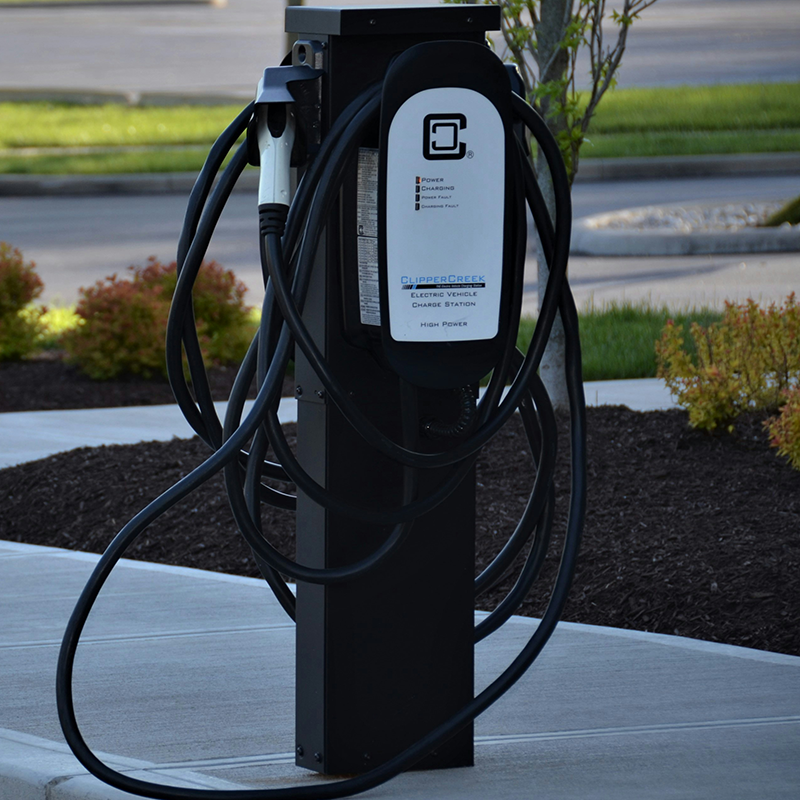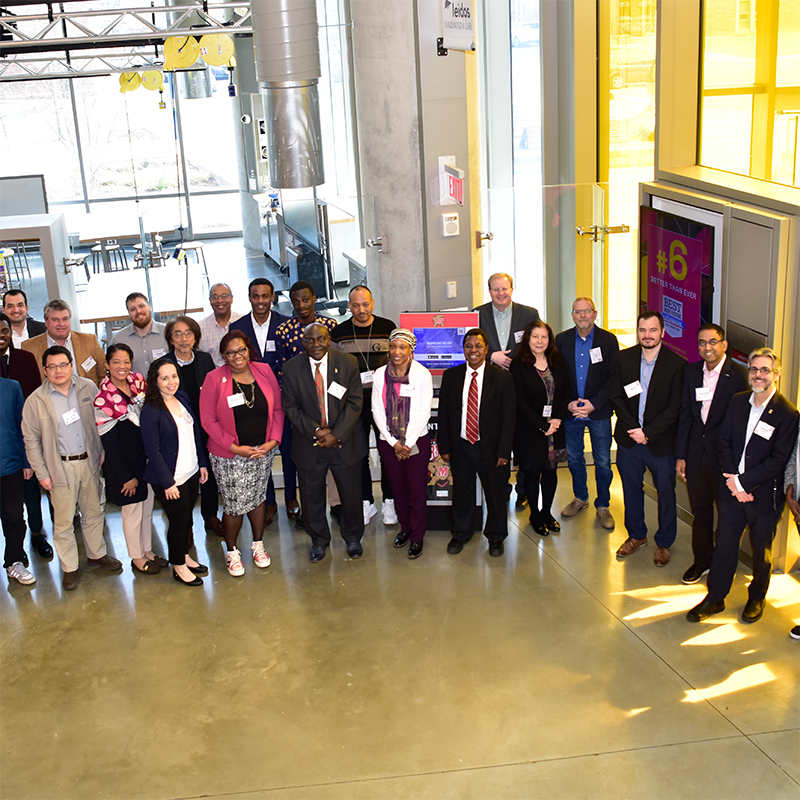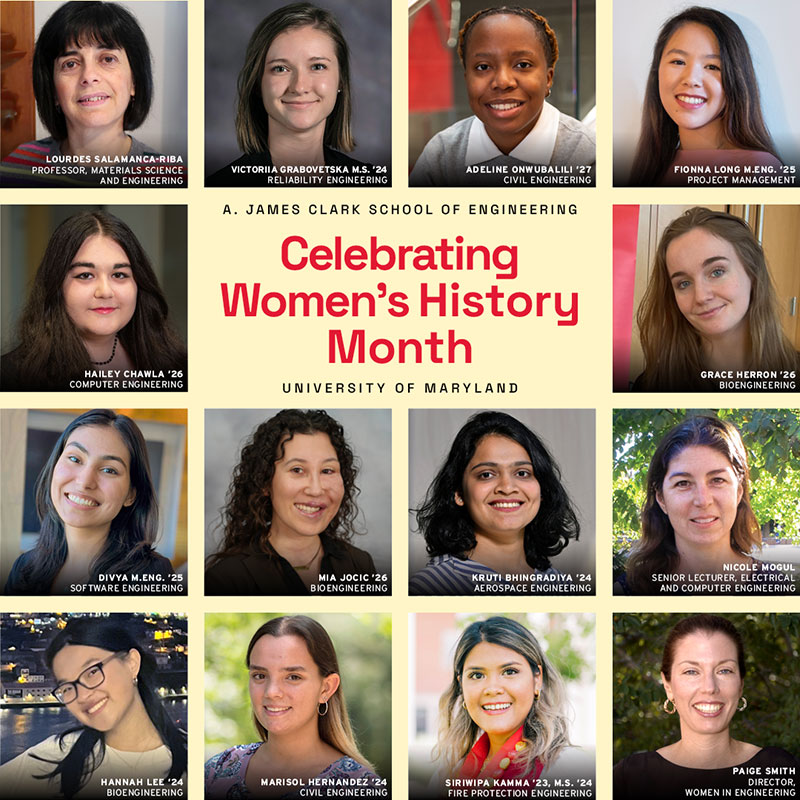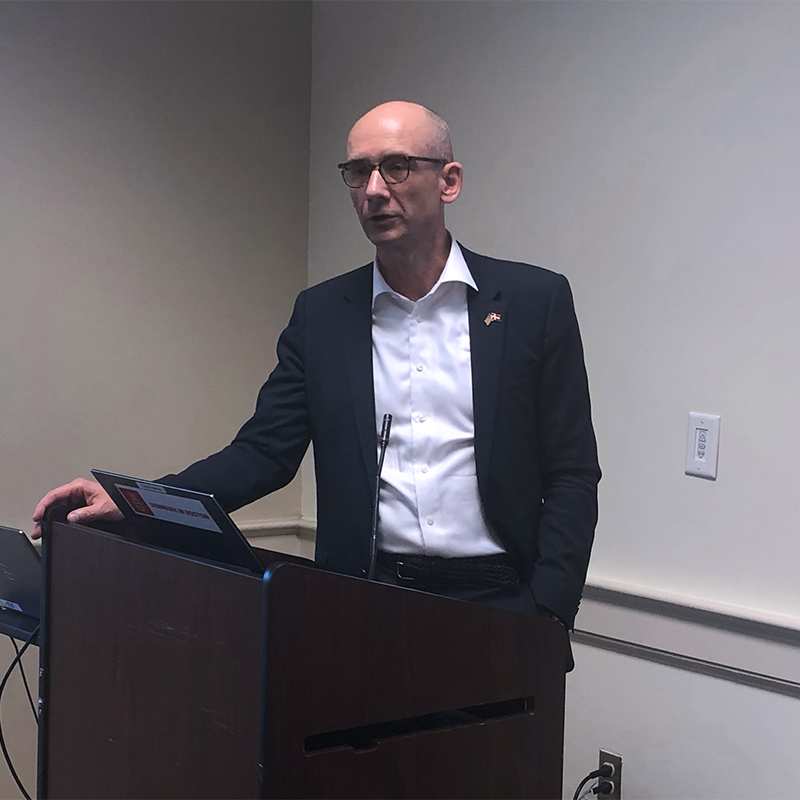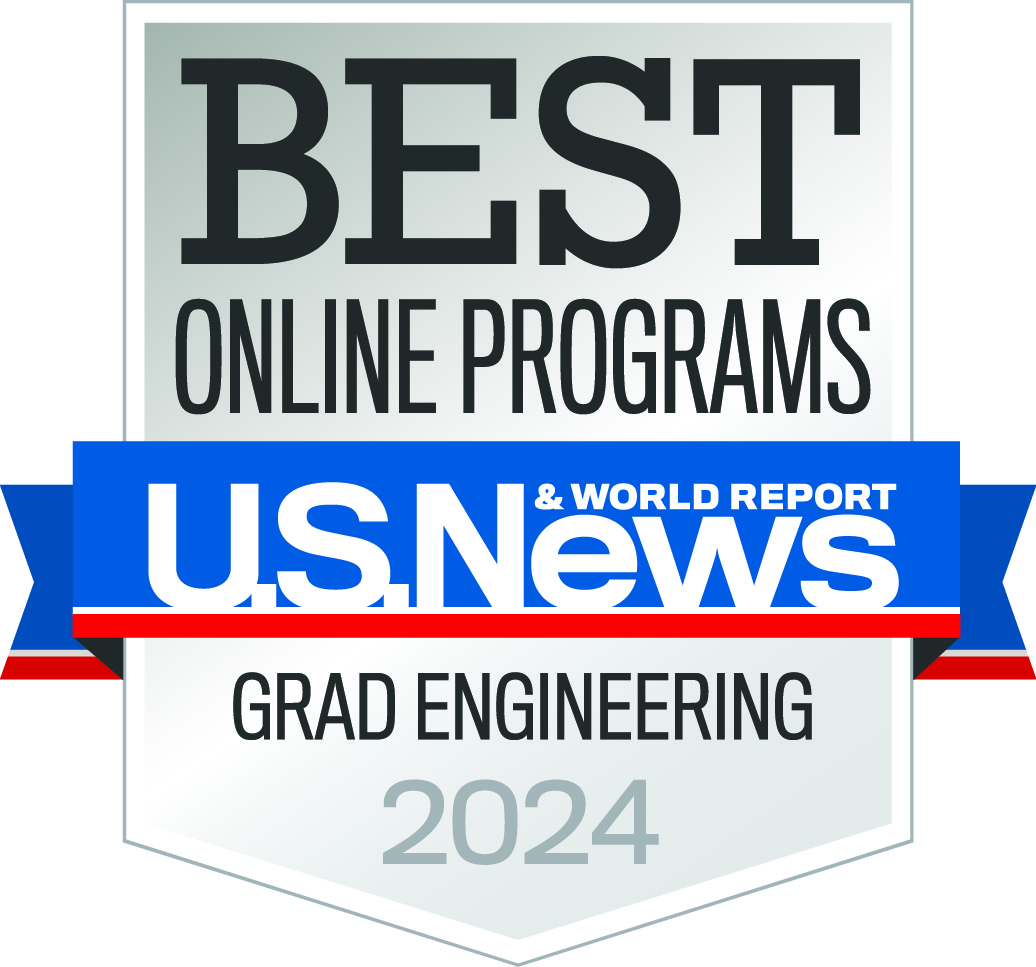News Story
National Transportation Center at Maryland Leads Unprecedented Effort to Track Multimodal Travel Trends
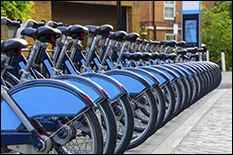
Researchers from the University of Maryland’s National Transportation Center (NTC@Maryland) are paving the way for a sustainable and timely travel monitoring program that places unprecedented emphasis on multimodal travel trends – such as ride-sharing, bicycling, and pedestrian travel.
Using cutting-edge technology, transportation engineers are able to collect travel behavior data to understand why, how, and when people travel. This data plays a critical role in traffic monitoring, transportation planning, and policy decisions. However, traditional travel behavior surveys are both expensive and often conducted once every five to ten years.
To combat this challenge, a research team led byDepartment of Civil & Environmental Engineering (CEE) Herbert Rabin Distinguished Professor Lei Zhang, NTC@Maryland Director, is collaborating with George Mason University (GMU), the University of Washington (UW), and the University of Arkansas at Little Rock (UALR) to tap into public domain data sources to estimate monthly multimodal trip rates and frequencies for all metropolitan areas in the U.S. This research is supported by a new grant from the U.S. Department of Transportation Federal Highway Administration, awarded in March 2016 via a national competition.
“Today, transportation policies focus heavily on multimodal solutions and data-driven approaches,” Zhang said. “But, there is not yet a system in place through which state and federal agencies can adequately track multimodal passenger travel behavior timely and consistently. Fortunately, there is a great deal of driver, public transit, for-hire mode (e.g., taxi, ride hailing), and even non-motorized travel data that exist in the public domain. Our goal, now, is to pinpoint where and how to collect these existing data and develop new data fusion and statistical methods that take advantage of both emerging and traditional information sources. In the end, we want to enable all decision-makers and the general public to track total trips made on all travel modes month by month for every major U.S. metropolitan area. An ambitious, yet worthwhile endeavor."
Such public domain data sources range from the Federal Highway Administration’s Highway Performance Monitoring System, the Federal Transit Administration’s National Transit Database, Federal Aviation Administration's air ticket sales data, American Community Survey, and traditional household travel surveys, to emerging data sources regarding ride hailing services and publicly accessible location records on social media.
“Developing methods that can accurately estimate multimodal trips and mode choice trends frequently using public domain data only ensures that transportation agencies at federal, state, metropolitan, and local levels can develop strategies to combat traffic congestion and transportation emissions with multimodal strategies and track their performance over time without incurring additional data costs.”
The UMD-led research team will develop practice-ready methods for estimating monthly multimodal travel statistics such as number of trips, trip frequency, and mode splits at the metropolitan level. The method will be first applied to the Washington, D.C., Seattle, and New York, before standardized for applications to other U.S. metropolitan areas.
“With new travel modes such as vehicle sharing, ride hailing, and dynamic ride sharing entering the market, it is especially important to track these multimodal travel trends and competition between old and new travel modes, for polity decision making and for market analysis”.
Published September 26, 2016

